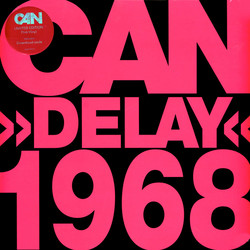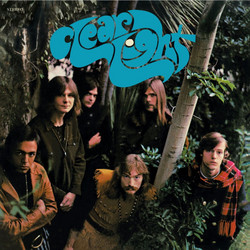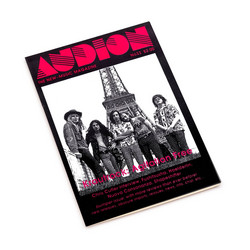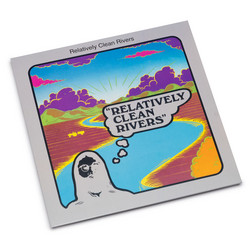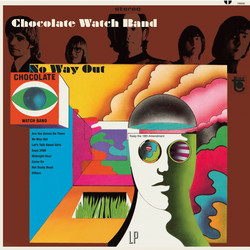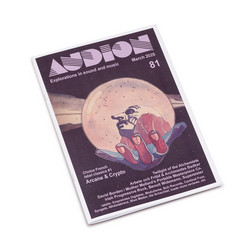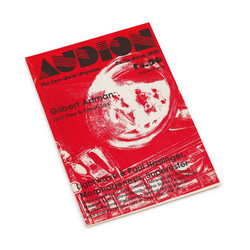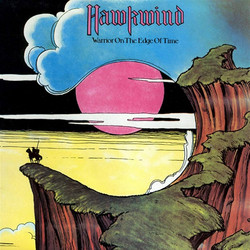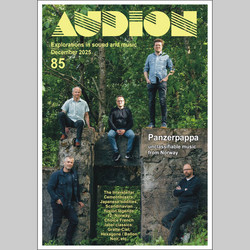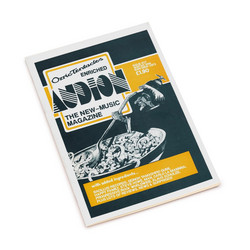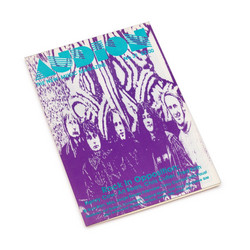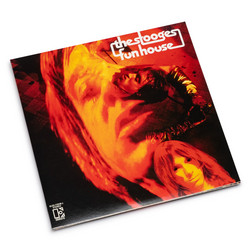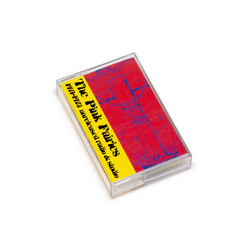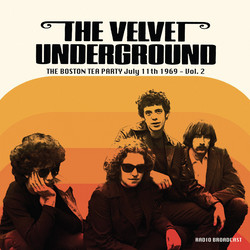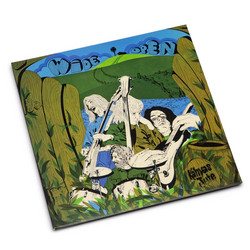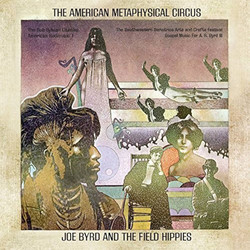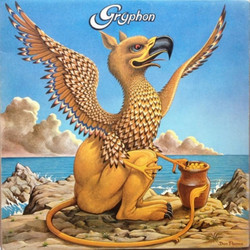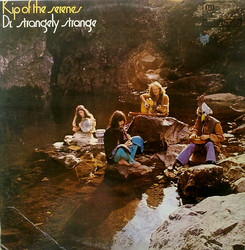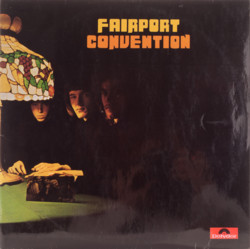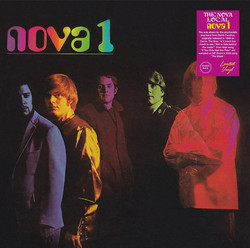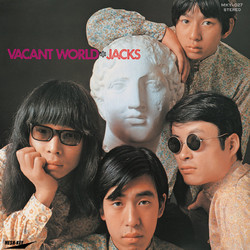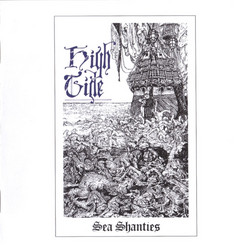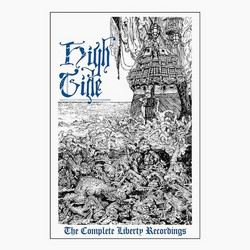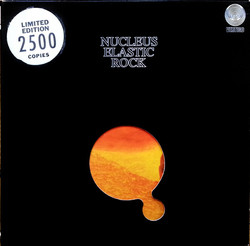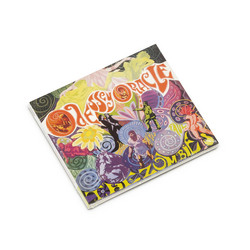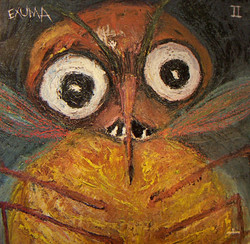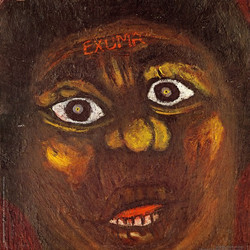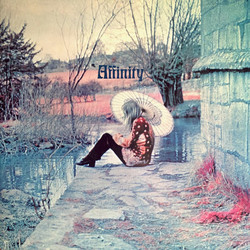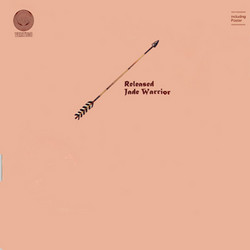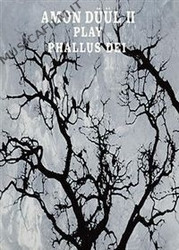High Tide
Sea Shanties (LP)
With the Misunderstood, Tony Hill co-wrote epochal psych-rock anthems like "Children of the Sun"; however, while High Tide's sound has roots in the peace-and-love era, the band was also in tune with the post-psychedelic comedown at the decade's darker end. On Sea Shanties, there's nothing fey and flowery in Hill's bleak lyrics or his doomy Jim Morrison-like delivery, and psychedelia's melodic whimsy is supplanted by a physicality more in line with the visceral heft of metal progenitors such as Cream, Blue Cheer, and the Jeff Beck Group. Hill's grinding riffage and searing, effects-laden guitar pyrotechnics combine with the punishing rhythms of drummer Roger Hadden and bassist Pete Pavli to forge some of the heavier sounds to emerge from Britain in 1969: tracks like "Futilist's Lament" are matched only by Led Zeppelin for sheer weight. High Tide weren't a power trio, though, and it was the interplay of Hill's guitar with Simon House's violin that created the band's unique signature.
Showing that rock violin needn't be a marginal adornment, House whips up an aggressive edge that rivals the guitar: on the nine-minute "Death Warmed Up," House refuses to play second fiddle and matches Hill's scorching assault all the way, while on the album's other epic, "Missing Out," the violin generates a trance-inducing Eastern groove. High Tide had the muscularity of a no-nonsense proto-metal band, but they also ventured into prog territory with changing time signatures and tempos, soft-hard dynamics, multi-part arrangements, and even some ornate faux-Baroque interludes. Indeed, "Pushed, but Not Forgotten" and "Walking Down Their Outlook" share common ground with King Crimson (especially Crimson's mid-'70s work with violinist David Cross). Far from the collection of nautical ditties its name suggests, Sea Shanties is an overlooked gem encapsulating the shifting musical currents in late-'60s British rock. (Amg)
